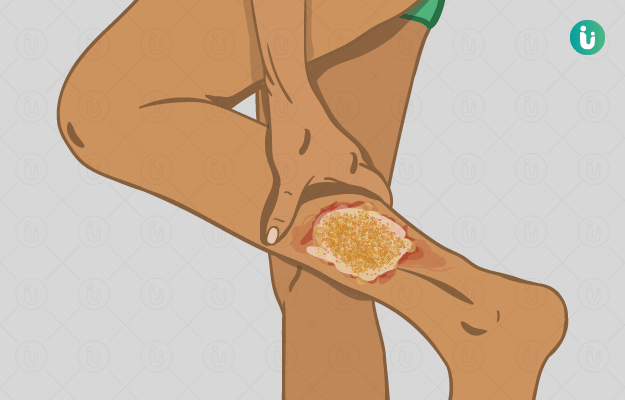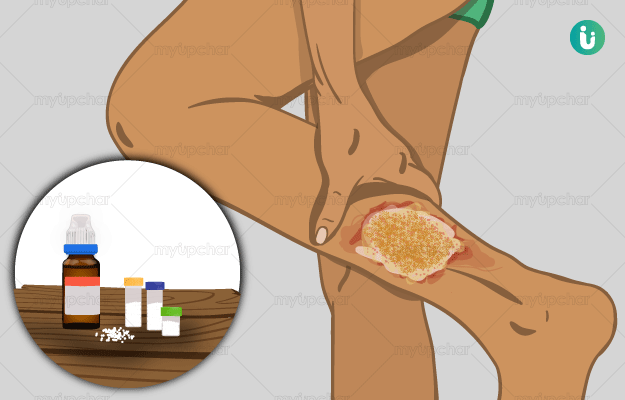What is tetanus?
Tetanus or lockjaw is a neurological condition which develops when a fresh or open wound gets infected by bacteria called Clostridium tetani.
What are its main signs and symptoms?
The main sign of tetanus is stiffness of the jaw muscles, hence the name lockjaw. Pain around the wound and in the muscles is also seen. Other prominent symptoms of tetanus are:
- Diarrhoea
- High body temperature
- Headache and sweating
- Jerking and twitching of muscles
- Difficulty in swallowing
- High blood pressure
- Increased heart rate
What are the main causes?
Tetanus is caused by the release of toxins from the bacteria Clostridium tetani. These bacteria can survive outside the body of the host for a considerable amount of time. They live in the soil or manure of animals. These bacteria enter the human body through a cut or wound and can multiply at a very fast rate, typically around 3 to 21 days. They release a toxin that affects the nerves leading to its characteristic symptoms.
How is it diagnosed and treated?
If a person develops symptoms like the ones mentioned above or experiences sudden muscle spasms after suffering from a recent cut or burn, the physician may consider the possibility of tetanus. He may ask the person whether he has received the tetanus vaccine before or is overdue for the booster shot. As there are no definitive tests or exams which can confirm the diagnosis of tetanus, the treatment is based on the symptoms and the immunisation history.
Preventive measures against developing an infection include proper wound care and getting the tetanus vaccination. Tetanus is a medical emergency demanding immediate hospitalisation and intensive medical treatment. If a person gets infected by the bacteria, tetanus immunoglobulin (antibodies to kill the bacteria) and medications including antibiotics like penicillin and muscle relaxants are administered. In case of serious infections, ventilator support may be needed to help the person breathe.

 Doctors for Tetanus
Doctors for Tetanus  OTC Medicines for Tetanus
OTC Medicines for Tetanus
 Tetanus articles
Tetanus articles

 Homeopathic Treatment of Tetanus
Homeopathic Treatment of Tetanus






 Editorial Team
Editorial Team

 Dr. Rachita Narsaria
Dr. Rachita Narsaria











